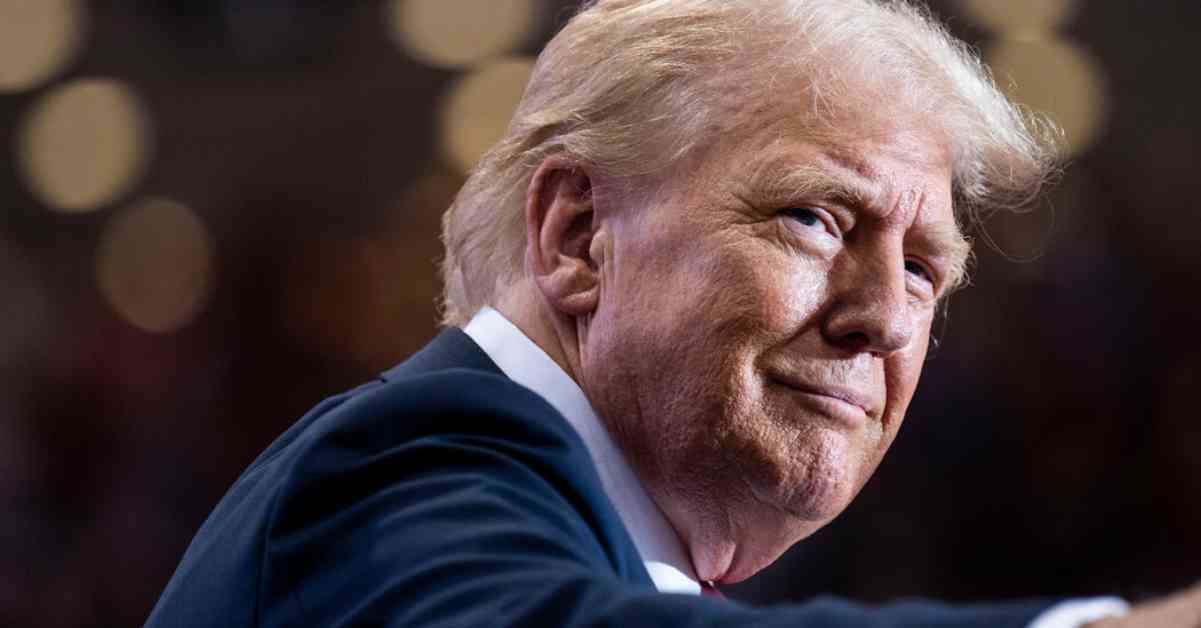At a recent rally in Minnesota, former President Donald J. Trump displayed a shift away from his previous calls for national unity, signaling a decline in his performance. Despite surviving an assassination attempt in Pennsylvania just two weeks ago, Trump abandoned his appeal for unity and instead ramped up his attacks against Vice President Kamala Harris.
During his speech, Trump dismissed suggestions that he had changed, stating, “No, I haven’t changed. Maybe I’ve gotten worse. Because I get angry at the incompetence that I witness every single day.” This shift in tone and focus came in the wake of President Biden’s decision to end his campaign, causing upheaval in the presidential race.
Trump’s attacks against Harris were particularly harsh, with him labeling her as “evil,” “unhinged,” and “sick.” He went as far as to lie about her views on abortion in an attempt to portray her as extreme, while also mocking her laugh and demeanor. This rhetoric aimed to paint Harris as a “radical left lunatic” in the eyes of his supporters.
The rally, which lasted around 90 minutes, saw Trump energizing the crowd with his fiery remarks and divisive language. His refusal to tone down his attacks and his dedication to portraying his political opponents in a negative light indicate a departure from the conciliatory approach he briefly adopted after the assassination attempt.
This shift in Trump’s approach raises questions about the future of his political strategy and the impact it may have on the upcoming election. As he continues to stoke division and animosity, it remains to be seen how voters will respond to his increasingly aggressive tactics and inflammatory rhetoric.
Despite the uncertainty surrounding Trump’s political future, one thing is clear – his willingness to abandon calls for unity in favor of divisive attacks signals a concerning trend in his campaign strategy. Whether this shift will ultimately benefit or harm his chances in the election remains to be seen, but one thing is certain – the tone of his recent rally in Minnesota marks a departure from the calls for unity that briefly characterized his campaign.




